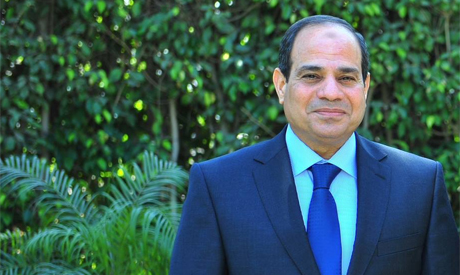The government has a mission to use a strong state to build infrastructure and develop the industrial and agricultural sectors. It argues that it could repeat the rapid growth of East Asia in the 1990s, but critics warn about intimidation of the opposition and the risks of crony capitalism.
The rebel army that chased the Derg military regime out of power in 1991 inherited a time bomb that could easily have spun out of control. Massively poor, plagued with chronic food shortages and with a population explosion around the corner, Ethiopia sat in a region gripped by post-Cold War insecurity.
Today, the neighbourhood is not any easier. The population has almost doubled from 50 million to 92 million people.
Now, Ethiopia is mentioned in the same breath as the East Asian miracle and is perhaps on the cusp of massive state-driven take off.
The unassuming Prime Minister Hailemariam Desalegn tells The Africa Report: "Everyone is now talking about the Ethiopian renaissance".
Even institutions traditionally at odds with state-led models recognise the progress. In an October 2013 report, the International Monetary Fund praised Ethiopia's "strong growth performance and impressive progress in decreasing poverty and inequality".
The rebel army that chased the Derg military regime out of power in 1991 inherited a time bomb that could easily have spun out of control. Massively poor, plagued with chronic food shortages and with a population explosion around the corner, Ethiopia sat in a region gripped by post-Cold War insecurity.
Today, the neighbourhood is not any easier. The population has almost doubled from 50 million to 92 million people.
Now, Ethiopia is mentioned in the same breath as the East Asian miracle and is perhaps on the cusp of massive state-driven take off.
The unassuming Prime Minister Hailemariam Desalegn tells The Africa Report: "Everyone is now talking about the Ethiopian renaissance".
Even institutions traditionally at odds with state-led models recognise the progress. In an October 2013 report, the International Monetary Fund praised Ethiopia's "strong growth performance and impressive progress in decreasing poverty and inequality".









.edit.jpg)

